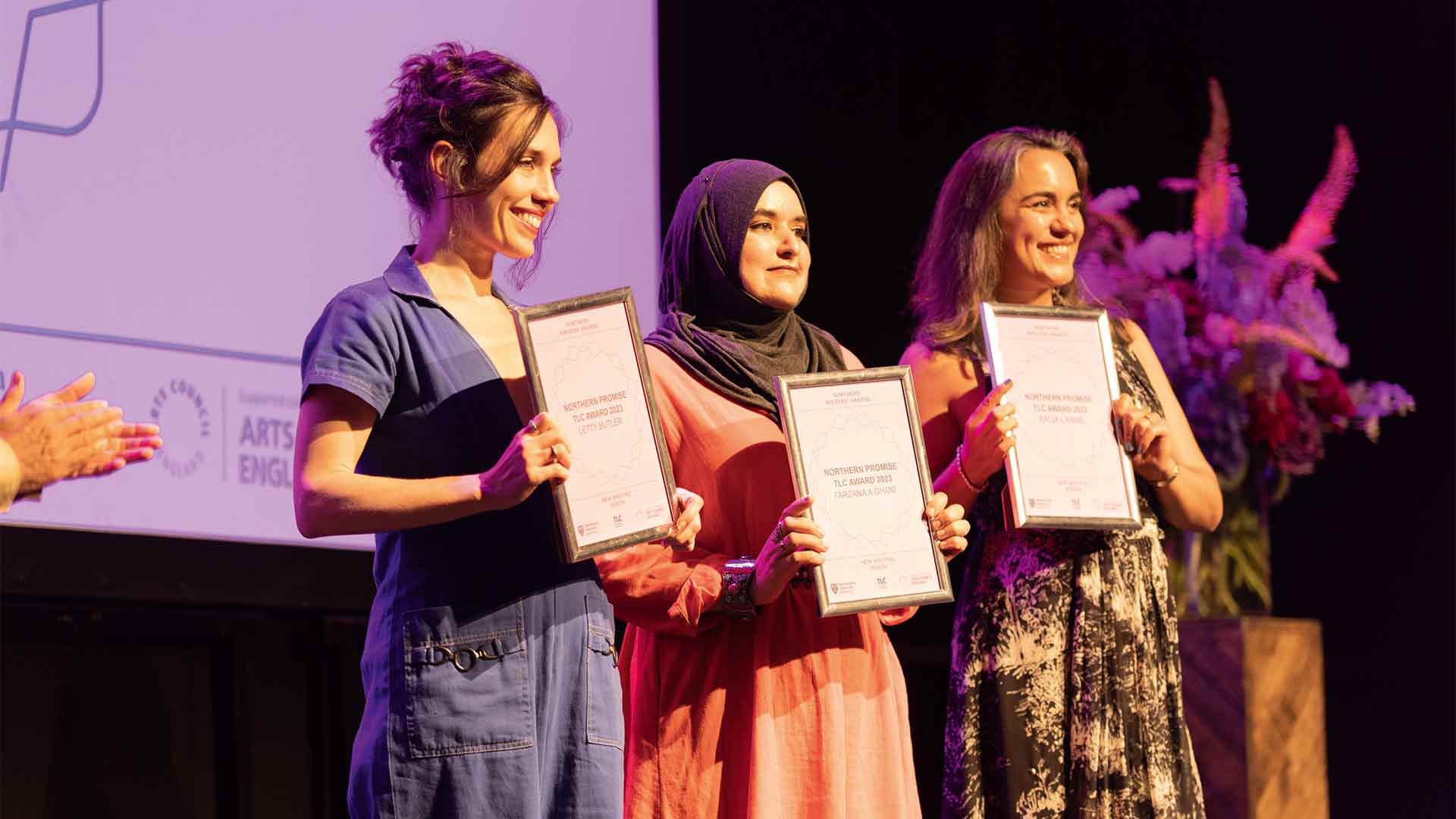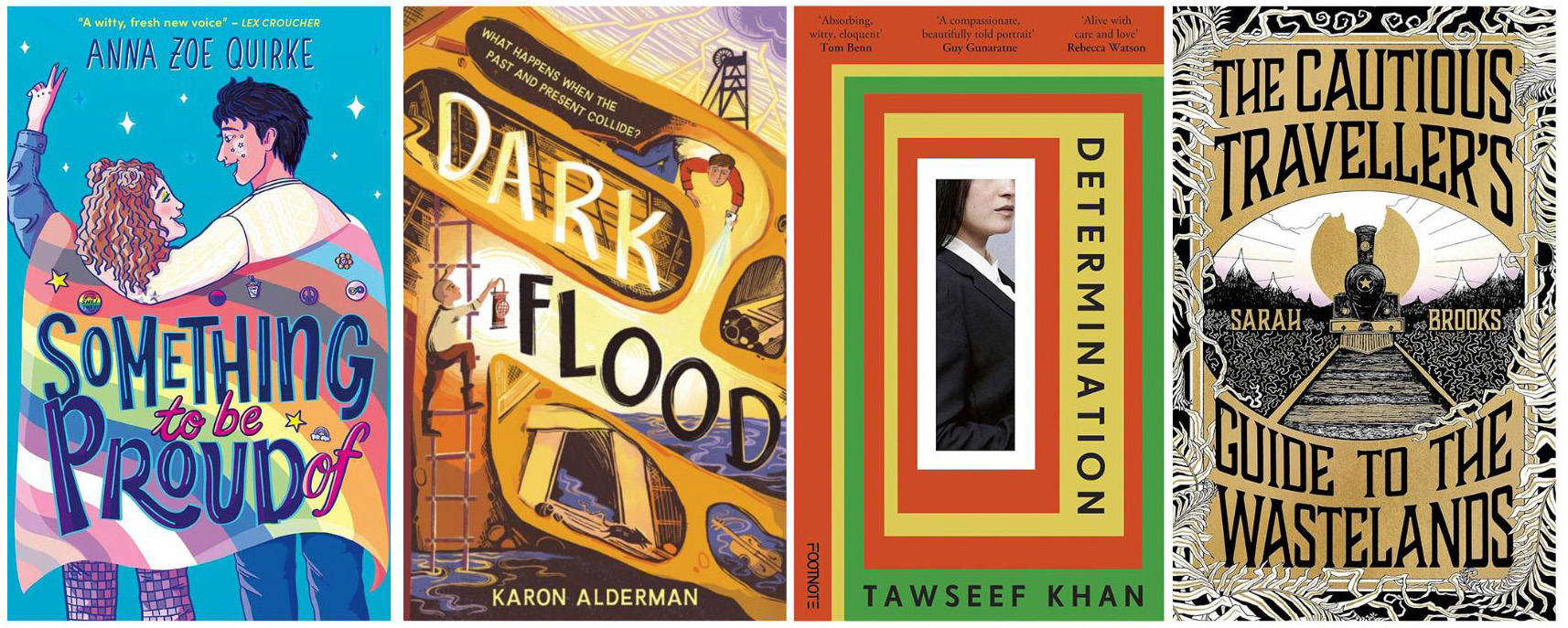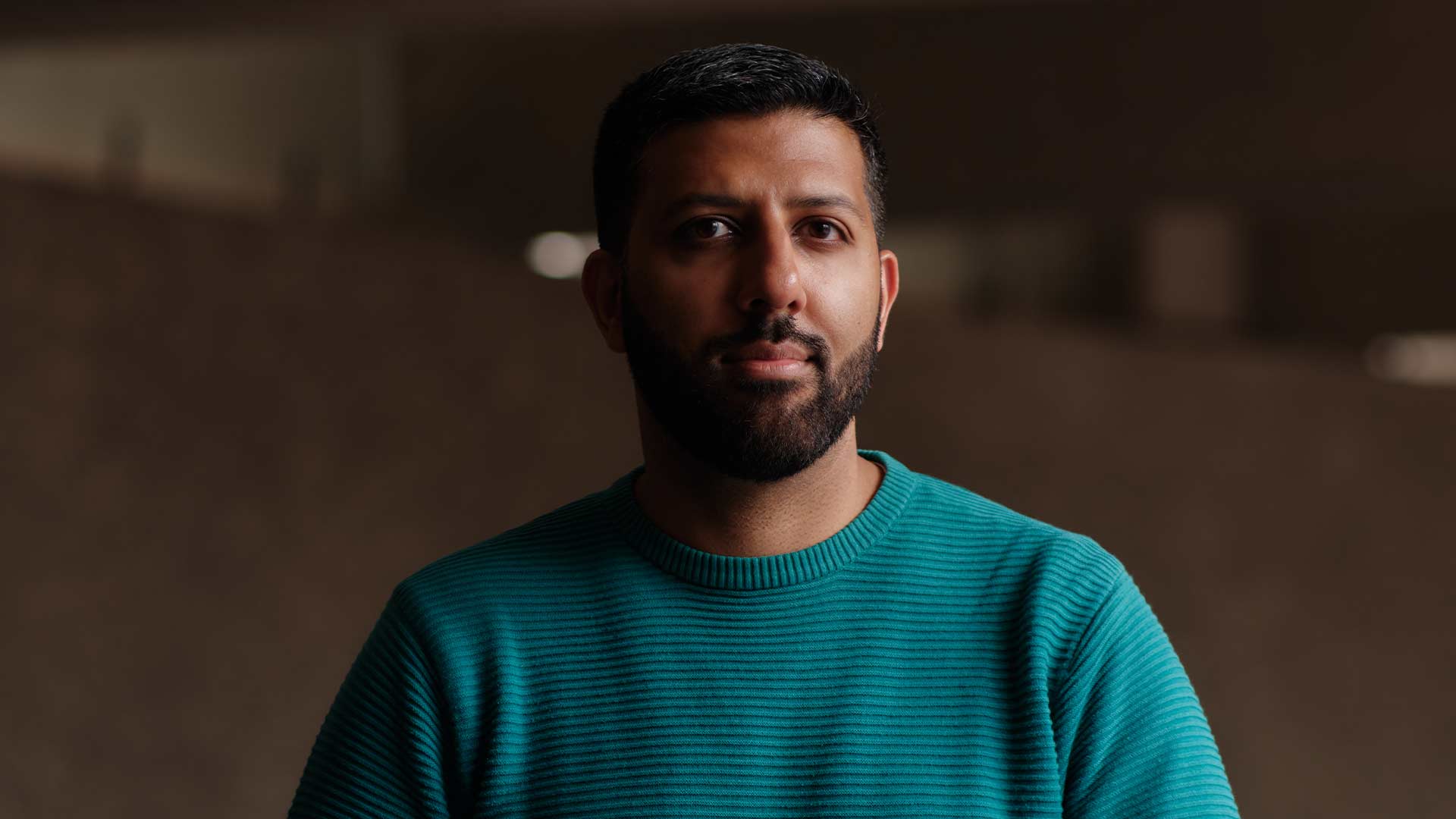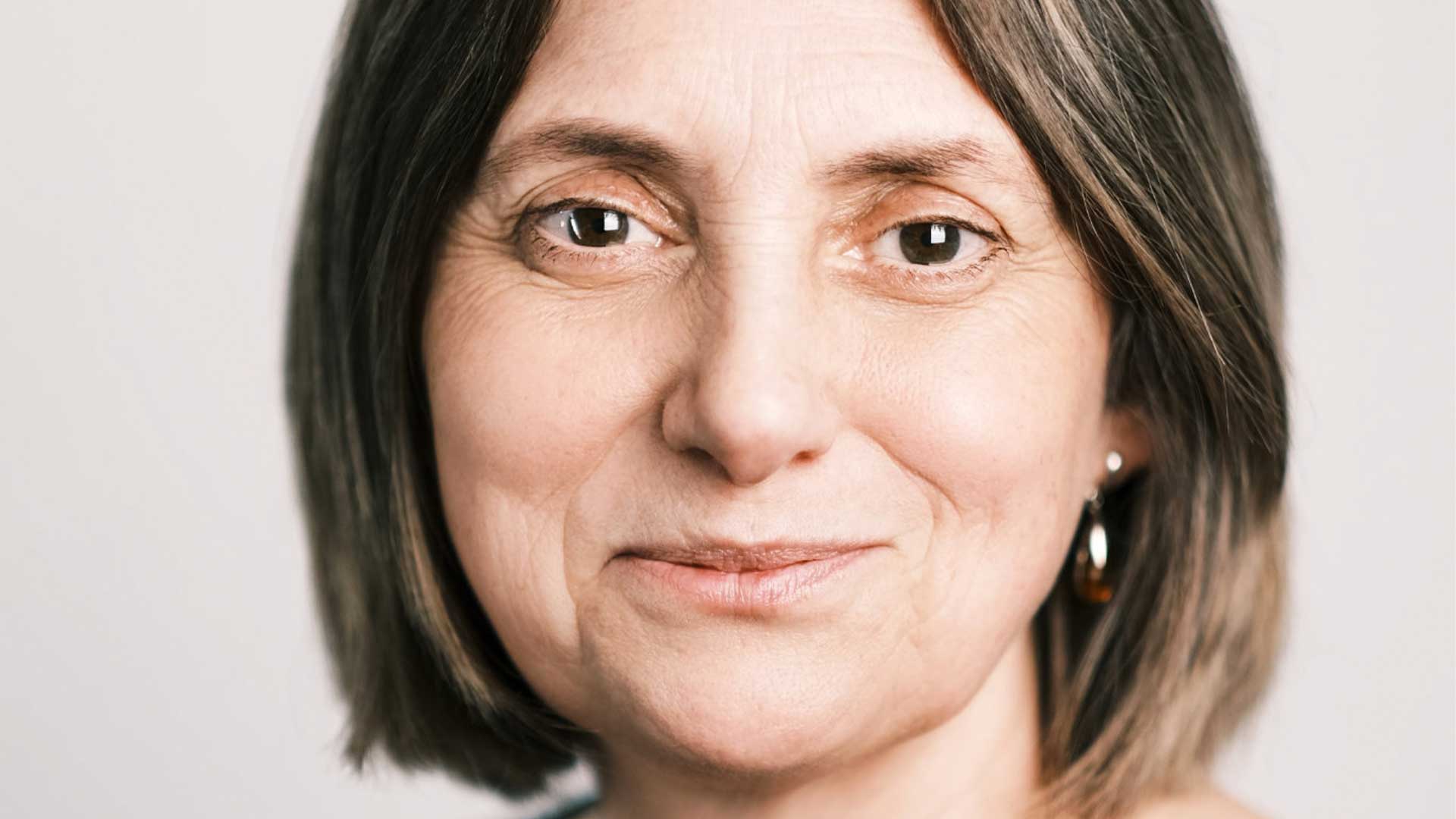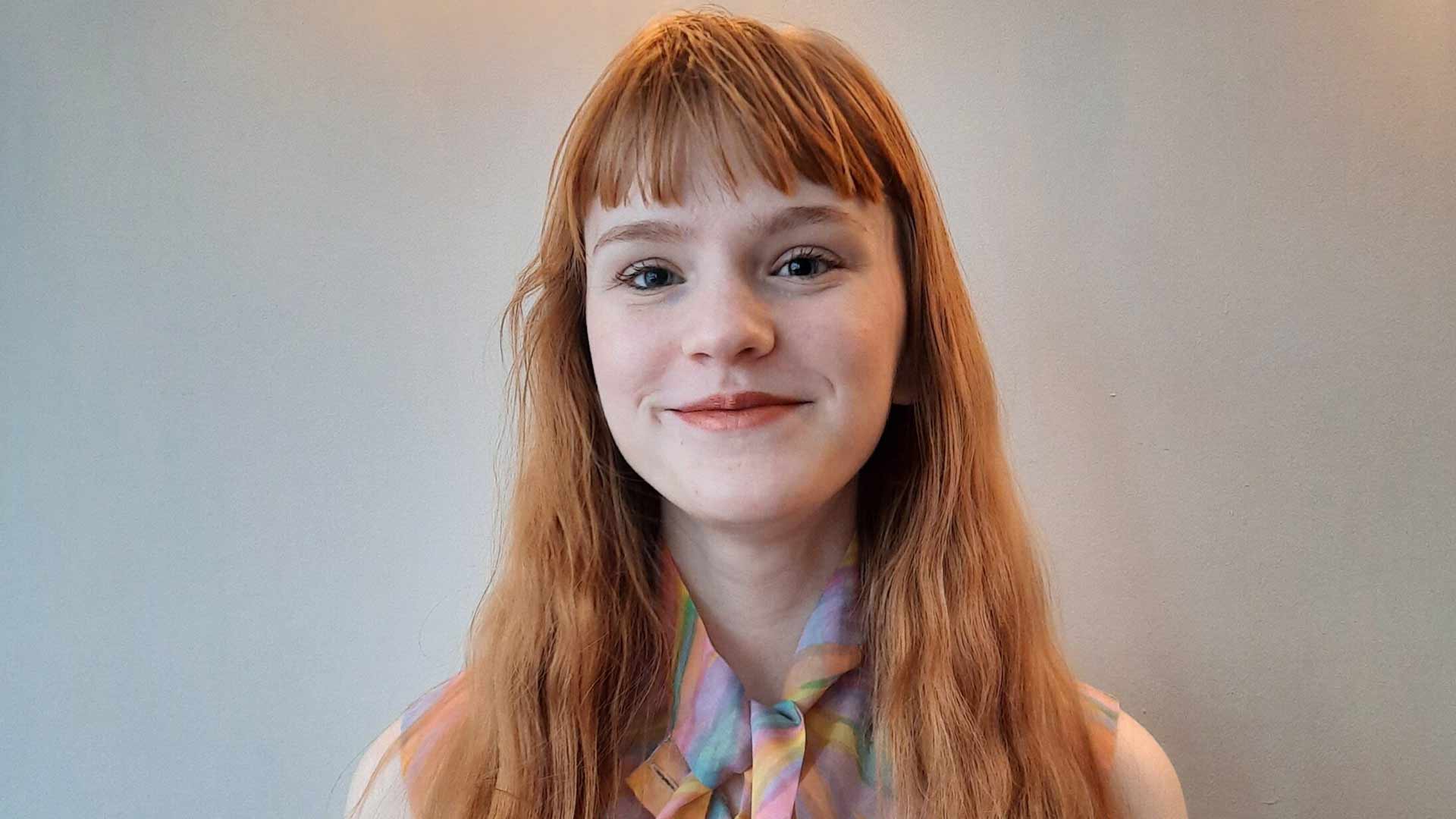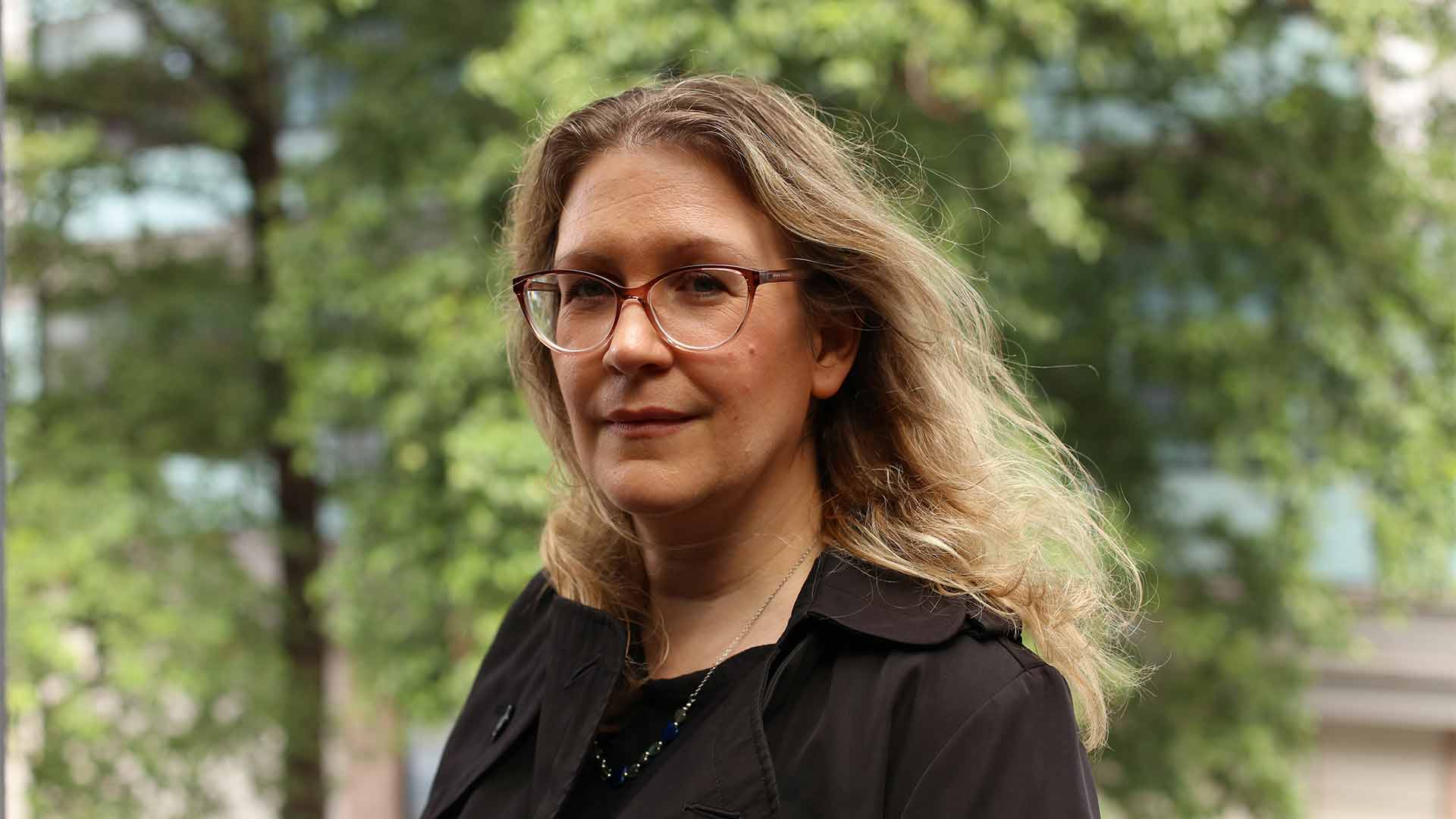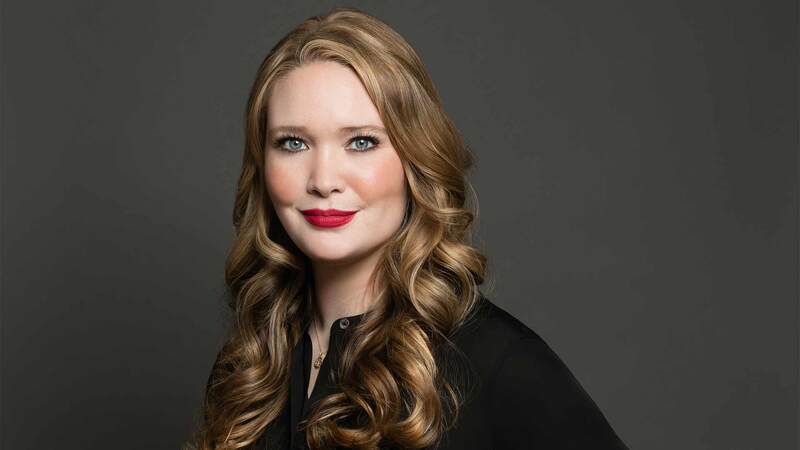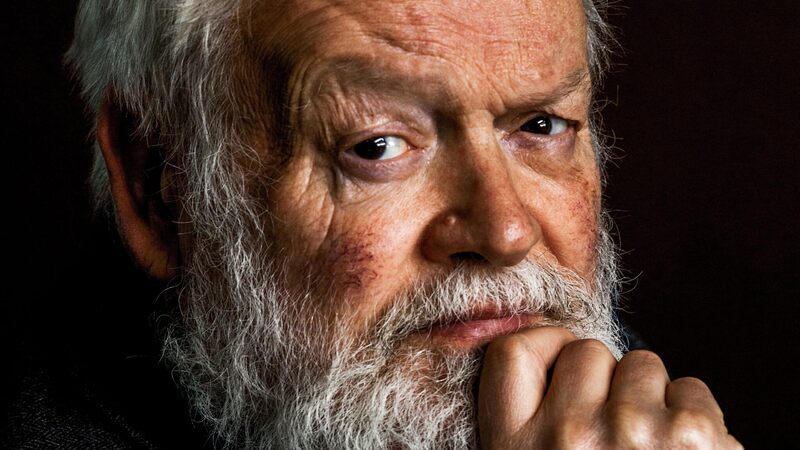You are viewing your 1 free article this month. Login to read more articles.
North stars: 25 years of discovering new voices
The Northern Writers’ Awards turns 25 this year and has given over 400 authors a leg-up in their careers.
Awards and grant schemes for unpublished and early-career writers are, by their very nature, something of a crap shoot. Even if a fledgling author is supported by a generous wodge of cash to help develop their craft, there still needs more than a bit of luck to achieve cut-through. So kudos to the Northern Writers’ Awards(NWA)—launched 25 years ago by New Writing North (NWN) with support from Northumbria University and Arts Council England—for having an enviable strike rate. Since its founding, NWA benefited 400 up-and-coming and often unpublished writers, demonstrating a sharp eye for recognising talent. Past honourees include Walter Scott Prize-winner Benjamin Myers, novelist andT S Eliot Prize-shortlistee Kit Fan, and the bestselling crime author Mari Hannah. That strike rate is increasing: a dozen past NWA winners had titles out with major publishers in 2023; this year that rises to 14, four of whom are interviewed over the succeeding pages.
The above is undoubtedly aided by its hugely ramped-up scope. The programme had small-scale beginnings with its inaugural tranche of three awards collectively saluting seven authors, with a focus on poetry and fiction. Contrast that to 2024—whose winners were announced this week (25th June)—with 18 gongs recognising 25 individuals across a range of disciplines, and a whole raft of sponsors on board such as Hachette UK, Arvon and Channel 4.
The multi-award-winning poet and fiction writer Andrew McMillan—whose début novel Pity was released by Canongate this February—won the NWA Poetry Award in 2014. He says the gong gave him validation of the new direction his work was taking—and money (“always a joy”)—but stresses the real value was NWN going beyond its awards remit. “One of the first things that NWN asked me was ‘How can we help you; what is it you need right now?’. I said I really needed to get away somewhere and finish the manuscript, so they helped get me a place where I could go away and do that.” This is part of the reason McMillan has felt compelled to fund a NWA award himself, with this year’s inaugural Tempest Prize for unpublished LGBTQ+ writers. McMillan grew up in a small village outside Barnsley (Tempest is named after the street he lived on) in a literary household; his father Ian is a poet and broadcaster. McMillan says: “When I was publishing Pity I began to think about all these stories from LGBTQ+ writers, who might be in similar small towns and villages, but who didn’t have that singular experience that I had.”
Tawseef Khan: "I am interested in freedom, the choices we have and the systems of oppression that bind us"
There was a long gestation period for Tawseef Khan’s début novel, Determination. He says: “I first had the idea at 23, I started writing it at 29, I published it at 37.” That spark for the book—which centres on immigration solicitor Jamila Shah as she juggles work and familial pressures—came when the “proud Mancunian” was at university in London and riding the Central line on his way to a lecture. Yet academia (Khan qualified as a solicitor and has a PhD in asylum law), his work as an immigration solicitor and in human rights activism, plus other writing—he has published two non-fiction books, The Muslim Problem and Muslim, Actually—intervened. Then, a 2017 New Writers’ Award (NWA) win helped shape Determination. “It was first short stories, and the stories were rough—I had no writing training, no real idea what I was doing. But I had strong characters, a properly thought-out concept and I wrote with a lot of empathy. I won a manuscript appraisal with The Literary Consultancy, and it started the job of writing a complete book.”
Khan says the whole NWA experience “rocket-fuelled my career”, including helping him land his agent (RCW’s Matthew Turner) and introducing him to a network of fellow writers. He adds: “The amazing thing about New Writing North is that they continue to champion you even when that development tail is complete. I still check in with them to discuss funding opportunities, to be put in touch with other writing contacts… and they’re there, excitedly shouting from the sidelines, when you publish.” Khan name checks a wide variety of inspirations, from the short story writer Daniyal Mueenuddin to the “Scooby Doo” episodes he used to hoover up as a kid. But in the end, he is “interested in writing about the communities I belong to: migrants/ refugees, Muslims, South Asians. In that sense, I consider myself a bit of a documentarian, or archivist, of their stories—stories that rarely appear in the pages of a book. I am interested in freedom and the choices we have, and the systems of oppression that bind us, such as the immigration system or institutional racism.”
Determination
Footnote Press, out now, hb, £16.99, 9781804440902
Karon Alderman: "People love to read about the overnight success stories but my journey has definitely not been that. I just kept on writing"
Karon Alderman is a rare treble Northern Writers’ Award winner: she won a Northern Promise prize in 2012; her Stella Starbright claimed the 2017 Andrea Badenoch Award for Young Adult fiction (though has yet to find a home); while in 2022 Dark Flood bagged the Hachette Children’s Novel gong. Third time the charm as Dark Flood will be released next month under the Orion Children’s imprint. It is rooted in the North, a time slip tale in which young Archie finds himself whisked back to 1815 and trapped in the Heaton colliery outside Newcastle just as the mine begins to flood. Alderman has also written journalism and short fiction for adults and “why a particular story becomes a children’s story or an adult story is a bit of a mystery to me. "I often get an image —a girl running late for school after visiting her mum’s grave, a man with learning difficulties buying a lottery ticket, a boy in a dark mine trapped in the past. I hear the character’s voice very clearly and that voice often leads the story to being for children or for adults.” Alderman was born in Essex but moved to Anglesey during her primary school years, where the myths and legends of Wales—supplemented by a heavy dose of E Nesbit—moved her to want to become a writer. After relocating to Newcastle for university she has spent most of her life in the city. “But writing didn’t seem a possible career option and like many writers I have done a lot of other things to pay the bills.” Then the prizes started coming. She says: “The first award came at a time when I had very little confidence. It helped me call myself a writer and to feel it was worth sacrificing time to writing, that I might be good enough… People love to read about the overnight success stories but my journey has definitely not been that. I just kept on writing.”
Dark Flood
Orion Children’s, 4th July, pb, £7.99, 9781510109117
Anna Zoe Quirke: "Being a début author is a really weird experience…"
I started writing my début, Something to be Proud Of, in 2020, a.k.a, the dreaded Covid times. I’d only written one book before, and it was both insufferably earnest and quite dark (classic teenage story vibes), so I knew that I wanted whatever I worked on next to be lighter and a little more fun. Lockdowns compounded this. In a time like that, I really needed an escape, so I set out to write something joyful, that had lots of lovely relationships in it and represented people like me (i.e., queer and disabled people) to try and satiate the reallife isolation of that time.
After I’d drafted (and redrafted) the book, I started entering the story into competitions and querying agents. I was very lucky to have interest from a few places relatively quickly—I won a mentorship session with an editor at Chicken House, I had interest from three of the four Pitch Wars mentors I submitted to and, in 2022, I found out that I’d been shortlisted for the Peters, Fraser and Dunlop Queer Fiction Prize and that I’d won the Northern Writers’ Awards prize for Début YA Fiction.
Being a début author is a really weird experience. It’s thrilling, hard work, and you don’t know if it’s going to pay off until the book is out. I’d do it all again, though. I’ve already had lots of lovely messages and reviews from LGBTQ+ and neurodivergent people saying that they’ve felt seen in the story and even just one of that kind of message would have made all the hard work feel entirely worth it to me. I didn’t get to read stories about people like me growing up, so the idea that I’ve contributed to other people getting to do that today makes me feel like I really have done something to be proud of.
Something to be Proud Of
Little Tiger, out now, pb, £7.99, 9781788956901
Sarah Brooks: "The Northern Début Award really helped give me the confidence to finish the book"
I get in touch with Sarah Brooks at an auspicious time—launch day of her début genre-bending fantasy, The Cautious Traveller’s Guide to The Wastelands. It has been one of the most anticipated fantasy first novels of 2024, a Weidenfeld lead title, won in a six-figure 11-way auction conducted by Nelle Andrew at Rachel Mills Literary. Flatiron Books is publishing in the US (bought in a six-figure preempt) while the book has gone into seven translation markets. The Cautious Traveller’s… UK sales have been strong out of the box shifting more than 2,500 units via Nielsen BookScan to début at second in The Bookseller’s Fiction Heatseekers chart (see p20).
The novel—set in an alternative 19th century where the area that was once Siberia and Mongolia has become the dangerous and constantly changing Wastelands— was inspired both by a journey Brooks took as student on the Trans-Siberian railroad and her subsequent PhD on monsters in classical Chinese ghost stories (Brooks is now a lecturer in Chinese Studies at the University of Leeds).
But it was honed over time, partially the result of Brooks entering the 2019 Lucy Cavendish Prize (where she met Andrew) and winning the 2021 Northern Début Award. Brooks hails the professional development side of the Northern Writers’ Awards, which included visits with Oneworld Publishing and the Madeleine Milburn agency. She adds: “It really helped give me the confidence to finish the book. Then when it was time for [Andrew] to send it on submission, I felt that I was much better prepared than I would have been, partly just in knowing what to expect and what questions to ask.”
In her début prize year, Brooks loved that she and her fellow winners were encouraged to network; which she says dovetails with a vibrant writers’ scene in Leeds, and across the North. She adds: “I think there’s a sense among writers and readers in the North that so much happens in London, which is often difficult and expensive for us to get to, so there’s a real desire for events to happen up here as well.”
The Cautious Traveller’s Guide to the Wastelands
W&N, out now, hb, £16.99, 9781399607537





